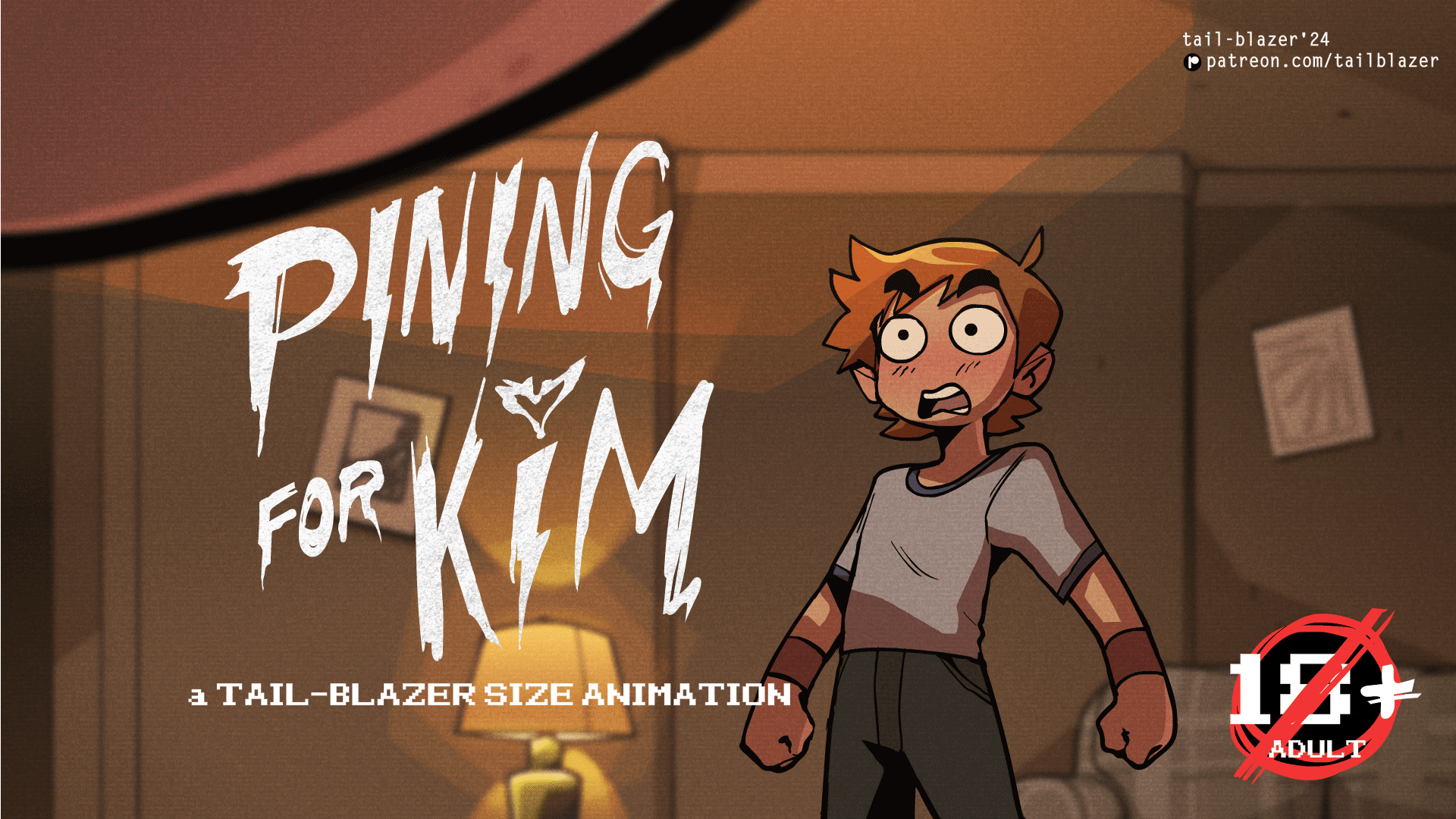There's something undeniably powerful about the feeling of missing family. It’s like a quiet ache that resonates deep within your soul, reminding you of the bonds that define who you are. Pining for kin isn’t just about nostalgia or fleeting thoughts—it’s a profound emotional experience that transcends time and space. Whether it’s a distant relative, a sibling who’s miles away, or even a parent who shaped your world, the longing we feel for family is universal. This is where our journey begins, exploring the depths of what it truly means to pine for kin.
Let’s be real here, folks. We’ve all been there—the late-night moments when memories flood back, or the random trigger that brings a wave of emotion. It’s not always about missing someone physically; sometimes, it’s about missing the connection, the shared history, and the little things that make family so special. Pining for kin isn’t just a feeling; it’s a reflection of our humanity and our innate desire for belonging.
This article dives deep into the concept of longing for family, unpacking the emotional, psychological, and even cultural aspects that come with it. By the end of this, you’ll have a clearer understanding of why we pine for kin and how to navigate these feelings in a healthy way. So, grab a cup of coffee, sit back, and let’s explore this heartfelt topic together.
Read also:Kim Kardashian And Kanye West The Spotlight Chronicles
What Does It Mean to Pine for Kin?
At its core, pining for kin refers to the intense longing or yearning for family members who may be physically distant or emotionally absent. It’s not just about missing someone—it’s about craving the connection, the support, and the sense of belonging that family provides. In today’s fast-paced world, where people are more connected digitally but often disconnected emotionally, this feeling has become increasingly common.
For some, pining for kin might mean missing a sibling they haven’t seen in years. For others, it could be the ache of not having a parent around during pivotal moments in life. Whatever the case may be, this longing is deeply personal and often tied to our most fundamental human needs.
Let’s break it down further:
- Emotional Connection: Family ties are often rooted in emotion, and when those connections are disrupted, it can lead to a sense of loss.
- Shared History: We all carry memories of family gatherings, traditions, and milestones. Missing out on these shared experiences can create a void.
- Sense of Belonging: Family gives us a sense of identity and belonging. When that connection is strained or absent, it can feel like a part of us is missing.
The Psychology Behind Pining for Kin
From a psychological perspective, pining for kin is a natural response to the human need for connection. According to Dr. John Bowlby’s attachment theory, humans are wired to form deep emotional bonds with others, especially those who play significant roles in our lives. When these bonds are disrupted, it can lead to feelings of loneliness, anxiety, and even depression.
Research shows that family relationships are among the most influential in shaping our emotional well-being. A study published in the Journal of Family Psychology found that individuals with strong family connections tend to experience better mental health outcomes. On the flip side, those who lack these connections may struggle with feelings of isolation and disconnection.
Why Do We Feel This Way?
There are several reasons why we pine for kin:
Read also:Ashley Sutton As Hanna In Yellowjackets Episode 7 Season 3 Streaming On Paramount With Showtime 2025
- Distance: Physical separation can make it harder to maintain close relationships, leading to feelings of longing.
- Conflict: Family disagreements or unresolved issues can create emotional distance, making it difficult to reconnect.
- Grief: The loss of a loved one can leave a void that’s hard to fill, causing us to yearn for their presence.
Understanding these factors can help us address the root causes of our longing and find ways to heal.
The Cultural Perspective on Pining for Kin
Culture plays a significant role in how we view family and relationships. In many societies, family is seen as the foundation of community and identity. For example, in collectivist cultures like those in Asia, Africa, and Latin America, family ties are often prioritized over individual needs. In contrast, individualistic cultures like those in Western countries may place more emphasis on personal independence.
Regardless of cultural differences, the concept of pining for kin is universal. Whether it’s a young adult leaving home for the first time or an elderly person reflecting on their family legacy, the longing for connection transcends borders and backgrounds.
How Culture Shapes Our Understanding
Here are a few examples of how different cultures approach the idea of family:
- Asian Cultures: Filial piety, or respect for one’s parents and ancestors, is a core value in many Asian societies. This can deepen the sense of loss when family ties are broken.
- African Cultures: Extended family systems are common in many African communities, where multiple generations live together and support one another.
- Western Cultures: While individualism is often emphasized, the importance of family remains a central theme in many Western societies.
Addressing the Pain of Pining for Kin
So, what can we do when we find ourselves pining for kin? The first step is acknowledging the feelings and understanding that it’s okay to miss someone. Repressing these emotions can lead to further distress, so it’s important to confront them head-on.
Here are some strategies for coping with the pain of longing:
- Reach Out: If possible, try to reconnect with the family member you’re missing. A simple phone call or message can go a long way in rebuilding the connection.
- Seek Support: Talking to friends, therapists, or support groups can help you process your emotions and find healthy ways to cope.
- Embrace Memories: Reflecting on happy memories can provide comfort and remind you of the positive aspects of your relationship.
Healing Through Connection
Ultimately, healing from the pain of pining for kin involves finding ways to reconnect—not just with others, but with yourself. This might mean exploring new hobbies, building new relationships, or simply taking time to reflect on your emotions. Remember, it’s okay to feel what you feel, and it’s possible to move forward while honoring the connections you cherish.
The Impact of Technology on Family Relationships
In today’s digital age, technology has both bridged and widened the gap between family members. While platforms like Zoom, WhatsApp, and social media make it easier to stay in touch, they can also create a false sense of connection. Studies have shown that excessive screen time can lead to feelings of isolation and disconnection, even when we’re technically “connected” to others.
That said, technology can also be a powerful tool for maintaining family relationships. Video calls, shared photo albums, and group chats can help keep loved ones close, even when they’re miles away. The key is finding a balance that works for you and your family.
Striking the Right Balance
Here are some tips for using technology to strengthen family bonds:
- Schedule Regular Check-Ins: Set aside time each week to catch up with family members via video call or phone.
- Create Shared Experiences: Use technology to plan virtual game nights, movie screenings, or other activities that bring everyone together.
- Limit Screen Time: Make sure to balance digital interactions with face-to-face time whenever possible.
The Role of Family in Mental Health
Family plays a crucial role in our mental health, providing emotional support, stability, and a sense of belonging. When these connections are disrupted, it can have a significant impact on our well-being. Research shows that individuals with strong family ties tend to experience lower levels of stress, anxiety, and depression.
On the other hand, strained or absent family relationships can contribute to feelings of loneliness and disconnection. This is why it’s so important to nurture these relationships and find healthy ways to address any issues that arise.
Building Resilience
Resilience is the ability to bounce back from adversity, and strong family connections can help build this skill. By fostering open communication, empathy, and understanding, we can create a supportive environment that promotes mental health and well-being.
Conclusion: Embracing the Journey of Pining for Kin
In conclusion, pining for kin is a natural and deeply human experience that reflects our need for connection and belonging. Whether it’s caused by distance, conflict, or loss, this longing is a reminder of the importance of family in our lives. By acknowledging our emotions, seeking support, and finding ways to reconnect, we can navigate this journey with grace and resilience.
I encourage you to take action today—reach out to a family member you’ve been missing, reflect on your memories, or explore new ways to strengthen your connections. And don’t forget to share this article with others who might relate to the experience of pining for kin. Together, we can build a community of understanding and support.
Table of Contents
- What Does It Mean to Pine for Kin?
- The Psychology Behind Pining for Kin
- The Cultural Perspective on Pining for Kin
- Addressing the Pain of Pining for Kin
- The Impact of Technology on Family Relationships
- The Role of Family in Mental Health
Thanks for reading, and remember—you’re never alone in your journey of pining for kin. We’re all in this together!


